By Julia Kurnia, Director
Mardiana Madeali was pushing a wheelbarrow full of sawdust when I arrived at her mushroom farm in Sulawesi, the large spider-shaped island in the northeast of the Indonesian archipelago. Though the enterprise she founded now employs half a dozen others, she never hesitates to roll up her sleeves and lend a hand with whatever needs to be done.
Ibu Mardiana (center) with two employees
Growing up in a family of subsistence farmers in a remote village, Ibu Mardiana was accustomed to working hard from a young age. Instead of pocket money, she recalls, her father gave her a pair of ducks. When they laid eggs, she sold them cooked and salted at the village school – and she has been an entrepreneur ever since.
After elementary school, tragedy struck Ibu Mardiana’s family, and she ended up moving in with foster parents. “During the six years I lived with other people, I had to do a lot of house chores and worked so hard that I did not even have time to study at home,” she recalls. Against all odds, Ibu Mardiana completed high school, then college.
Ibu Mardiana worked for several years after college, using her earnings to put her six younger siblings through school. Then she left her employment: an unusual decision in a place where formal jobs are rare and coveted. “There was no opportunity to grow and develop there,” she explained, “and I always had this longing to be an entrepreneur.”
Ibu Mardiana decided to try her hand at mushroom cultivation, because demand for mushrooms in Sulawesi’s largest city was strong, and nobody was producing them locally – they had to be imported from Java, Indonesia’s main island.
Growing mushrooms is a specialized craft, one that normally is learned at an agricultural college or through apprenticeship to an experienced farmer. At the time, Ibu Mardiana’s savings amounted to less than $100 – not enough for plane fare to Jakarta, where agriculture courses were taught. So she used free online educational resources to teach herself.
But the mushroom cultivation methods Ibu Mardiana studied were designed for Java, and they failed in Sulawesi’s hotter climate. She lost several harvests, but kept experimenting until she figured out what worked locally. Only then did she begin looking for funds to grow the business.
Mushroom spores ready for “planting”
The mushrooms are grown in packages of sawdust, which must be sterilized by steaming for several hours before the mushroom spores are introduced.
The mushrooms take several weeks to grow. About halfway through the growing cycle, they must be moved into a cooler temperature.
Mushrooms beginning to grow
Oyster mushrooms ready for harvest
Unsecured bank loans for small business were nonexistent, so Ibu Mardiana turned again to online research. By Googling she found Zidisha, and became one of our first members in Sulawesi.
Zidisha funds made it possible for Ibu Mardiana to scale up her mushroom farm by importing high-quality spores and constructing buildings for processing and storage. Today her mushroom farm directly employs eight people, including herself, her husband and six women from the local neighborhood.
She has also trained some thirty local housewives in mushroom cultivation, and keeps a simple classroom area in her farm for training seminars. She even distributes mushroom “kits” – mushroom spores prepackaged in planting sacks – for those who lack the equipment to prepare their own.
The “classroom”
When I expressed surprise that Ibu Mardiana would choose to create local competitors by sharing her hard-won expertise, she acknowledged the potential threat to her business interests – but said helping the local women, many of whom struggled to support their families, was her primary goal. Her generosity has already produced a remarkable legacy: fresh local mushrooms are now being grown up and down the coast of Sulawesi.



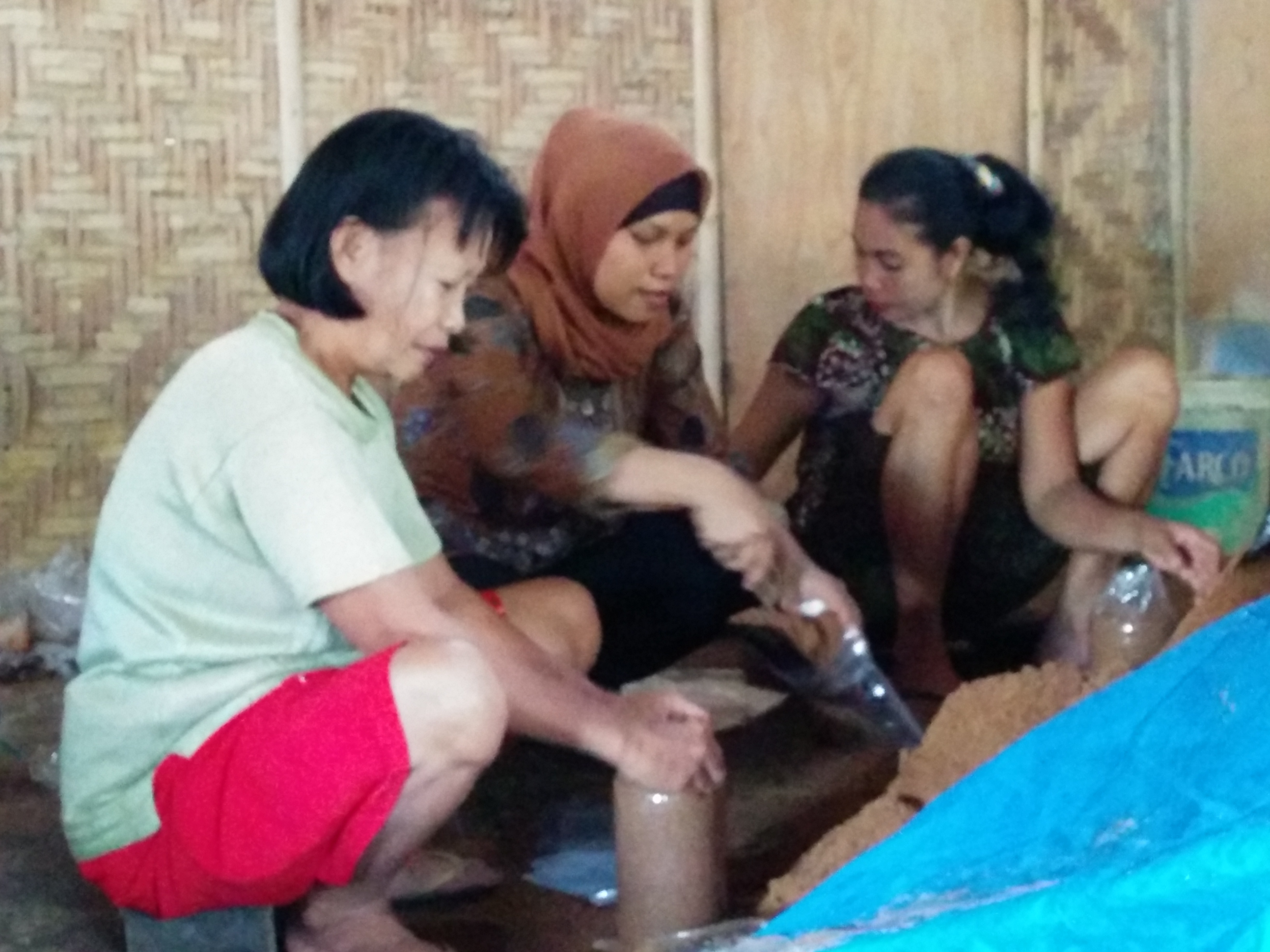
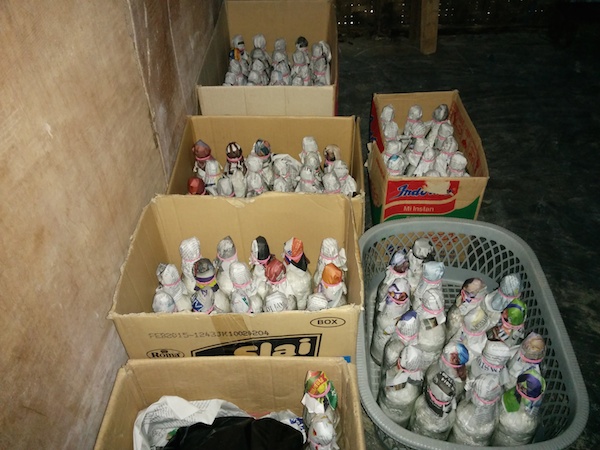
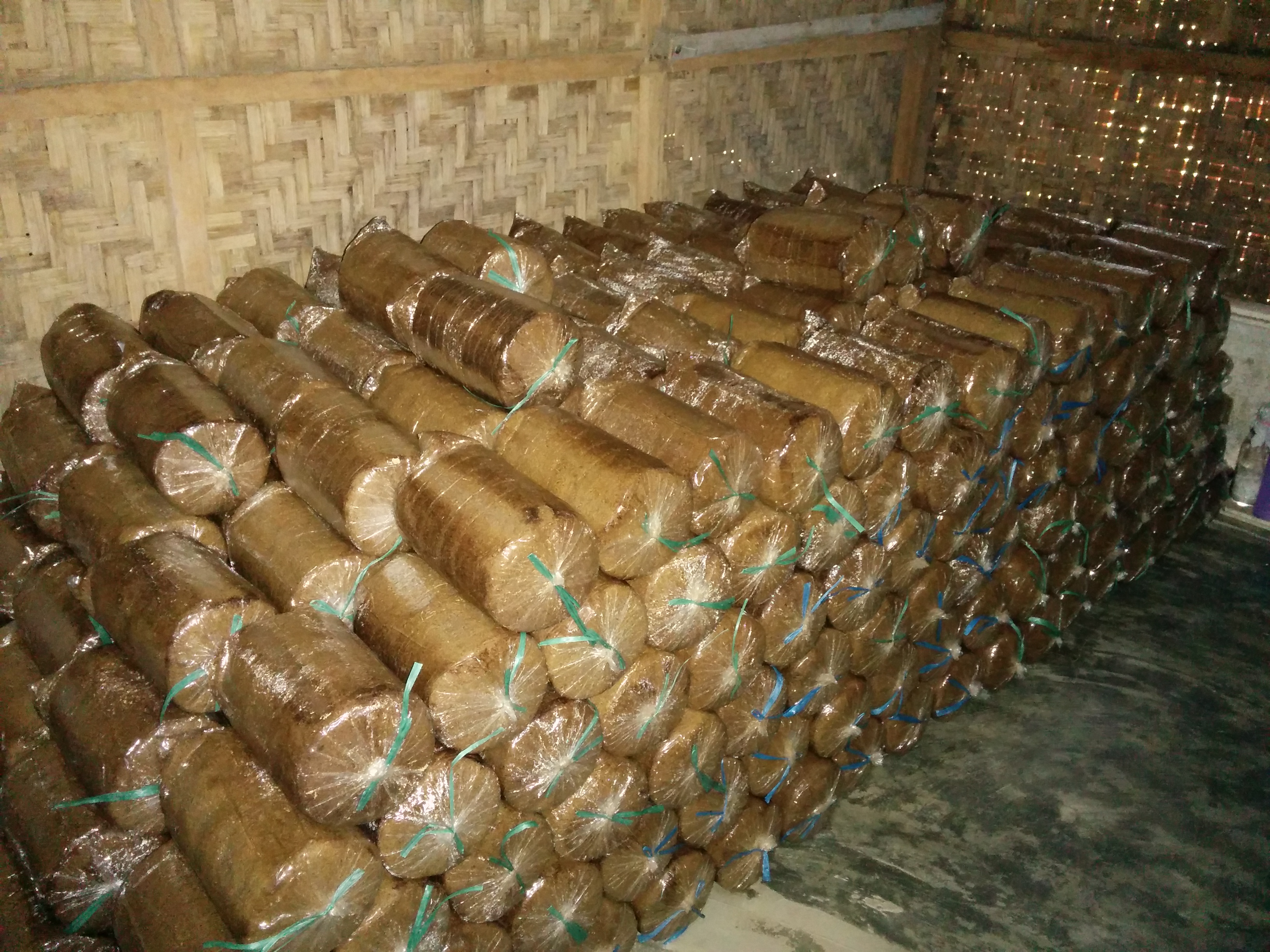
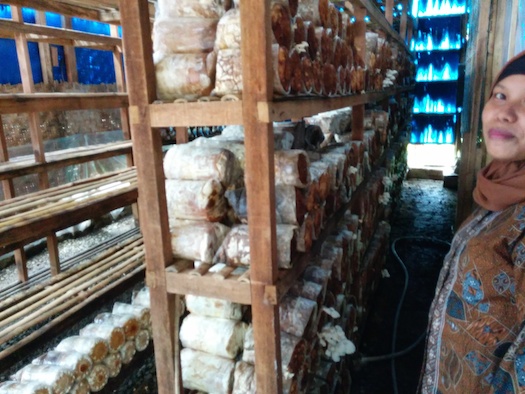
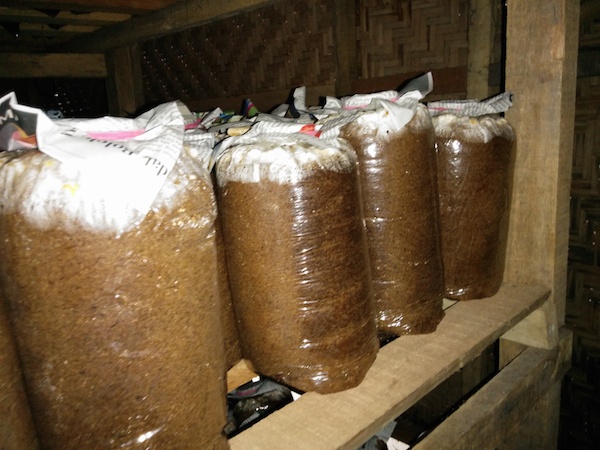
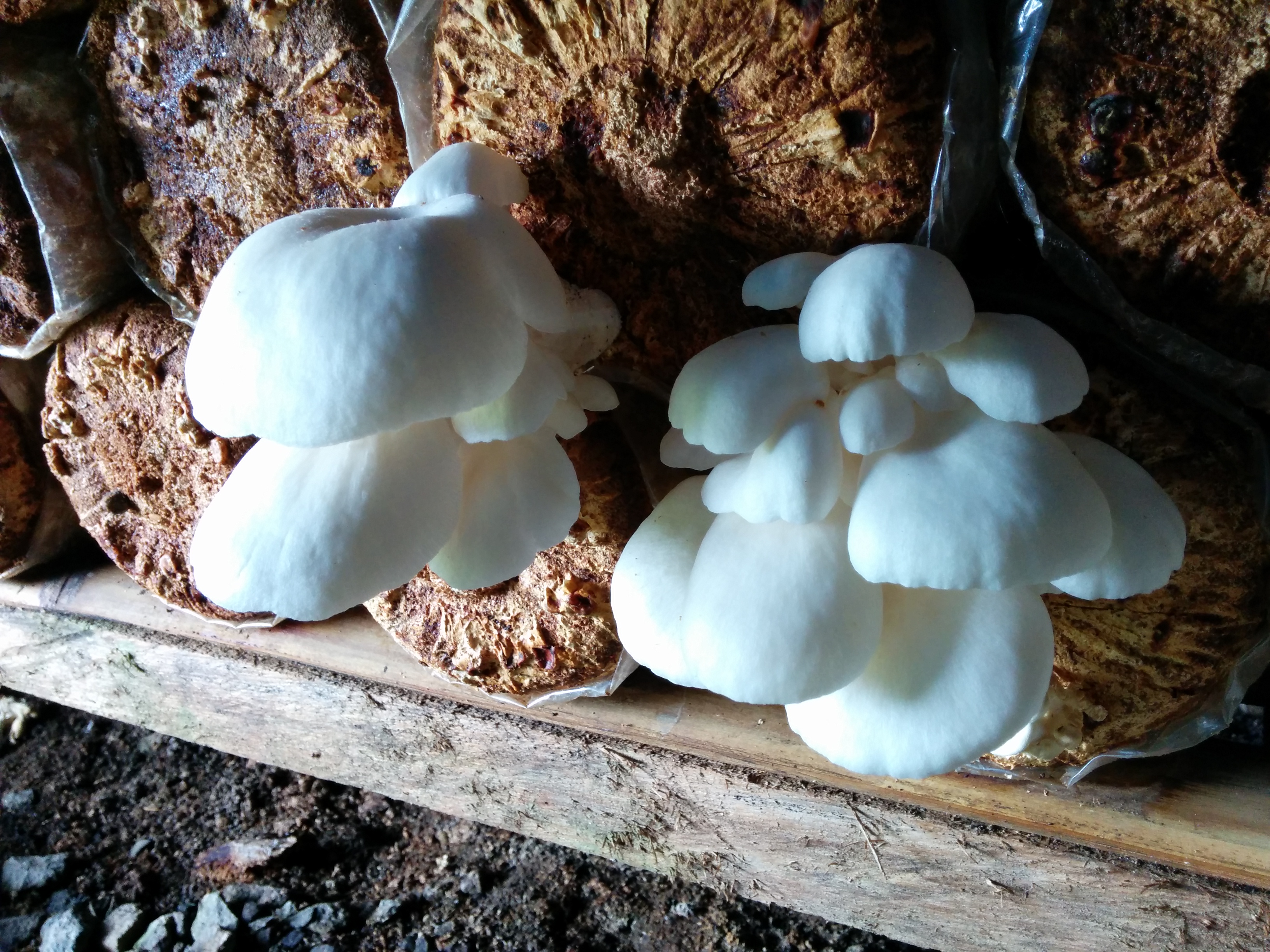
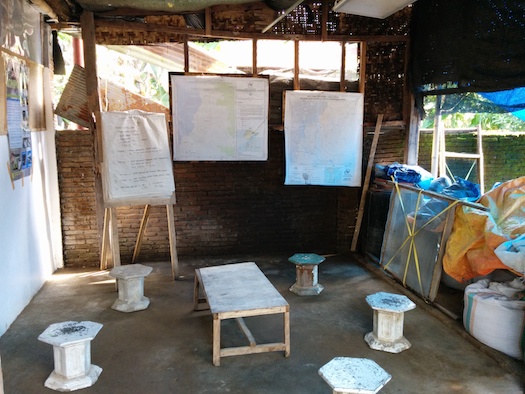
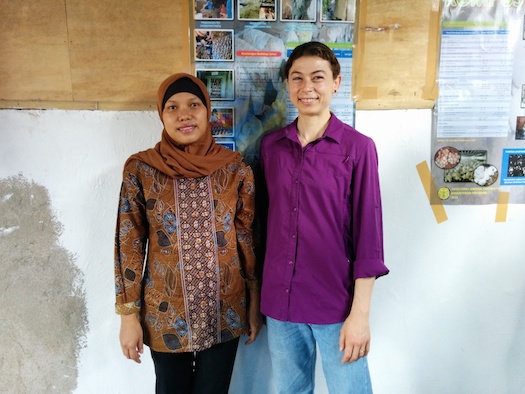

One thought on “The Lean Startup”